
A Path Toward Racial Equity
After the death of Michael Brown, Jr. on Aug. 9, 2014, “Ferguson” came to symbolize racial strife and inequality in the United States. Throughout this country, the circumstances surrounding and following his death have sharply defined the challenges that demand transformation. The alternative to change is to accept an untenable environment that is fraught with inequities and continued conflict. The Governor asked a group of regional leaders — The Ferguson Commission — to study the situation and prove a path toward change. Forward Through Ferguson (FTF) was established as a 501(c)3 to be a catalyst for lasting positive change in the St. Louis region as outlined in the Ferguson Commission Report. Embracing the Commission’s mandate, FTF centers impacted communities and mobilizes accountable bodies to advance racially equitable systems and policies that ensure all people in the St. Louis region can thrive.

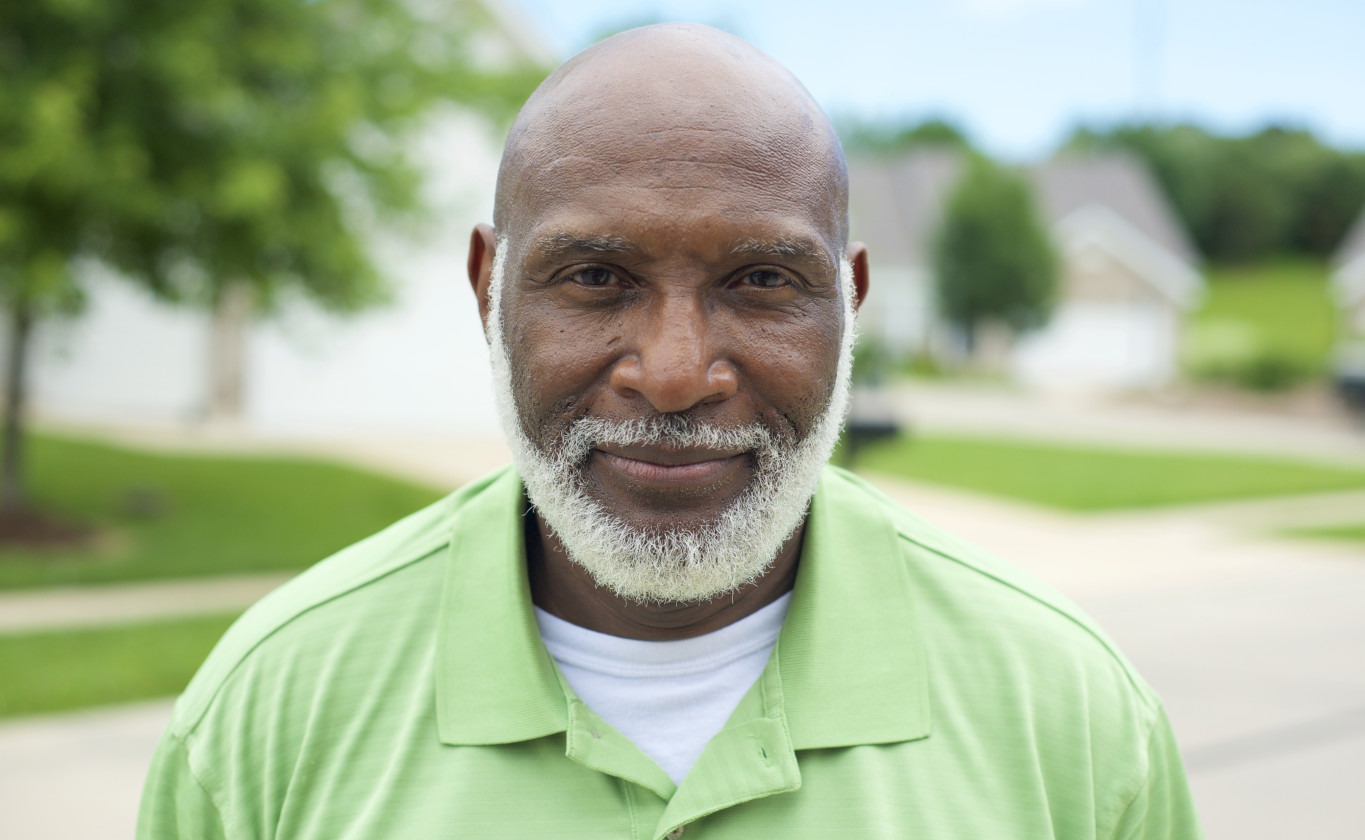
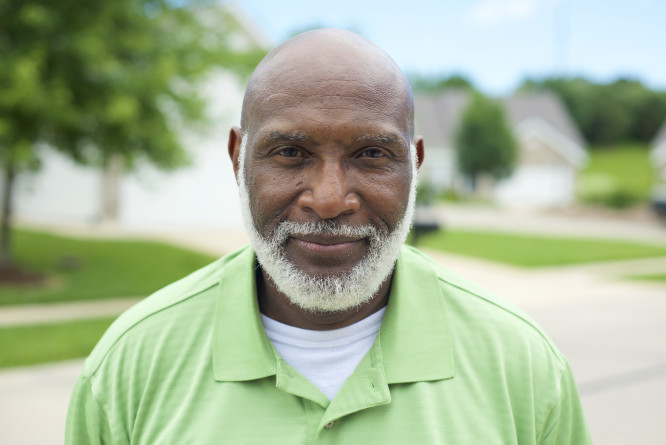
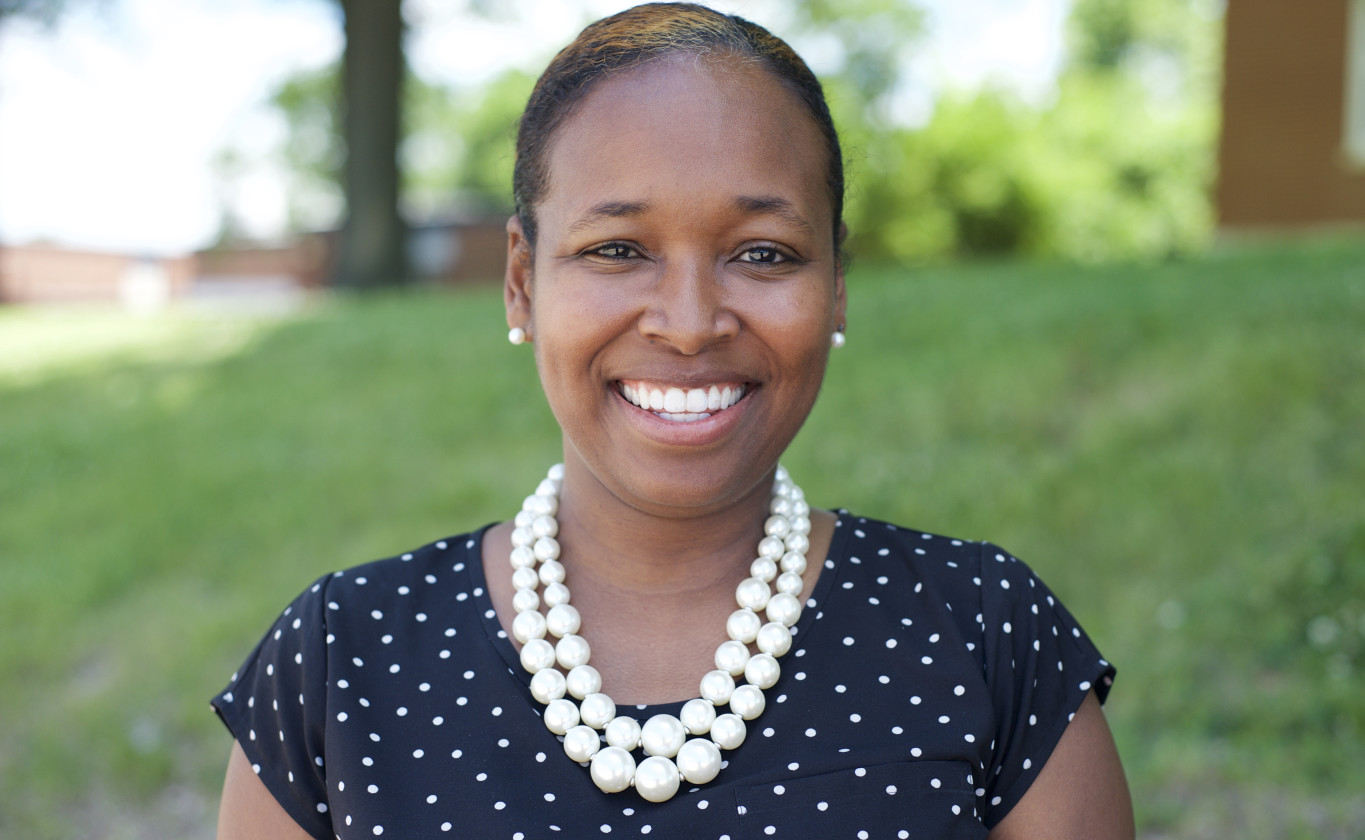
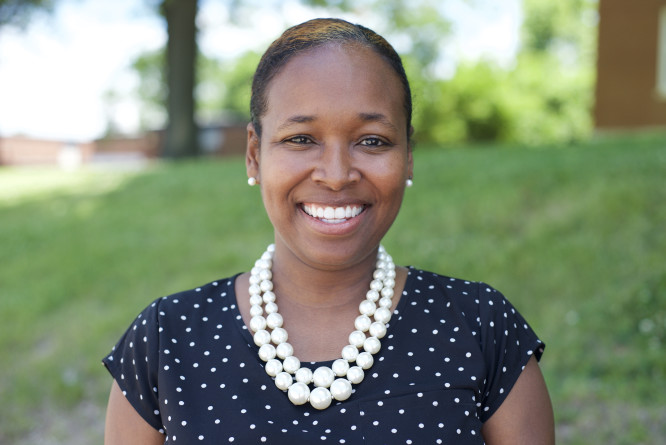
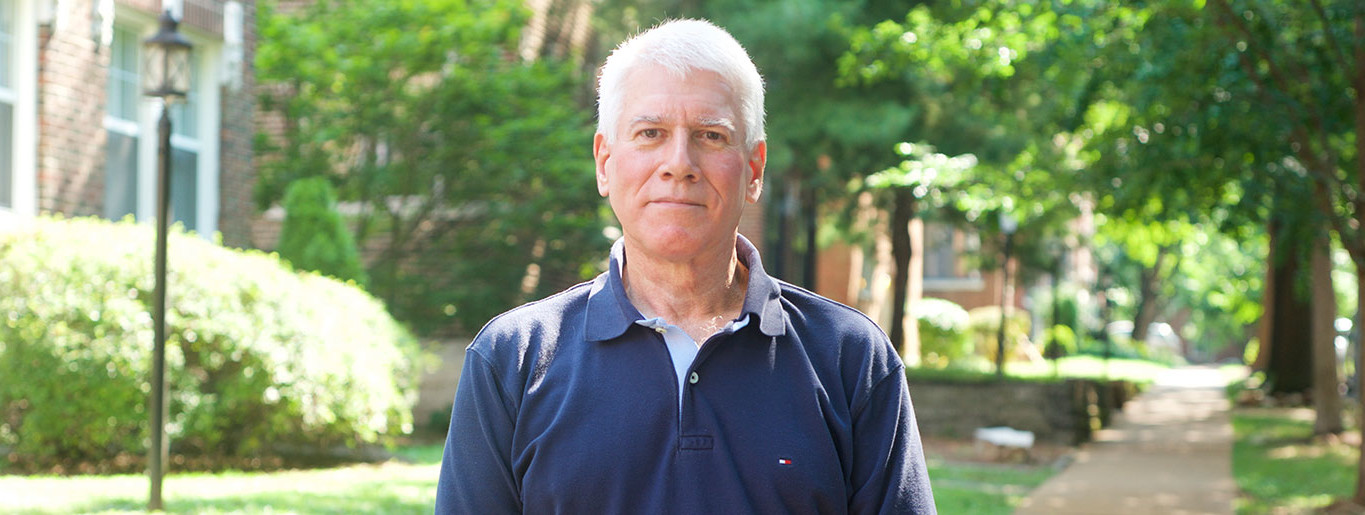
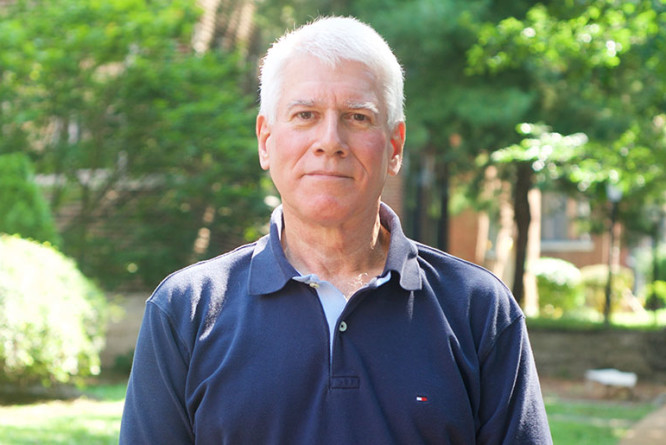
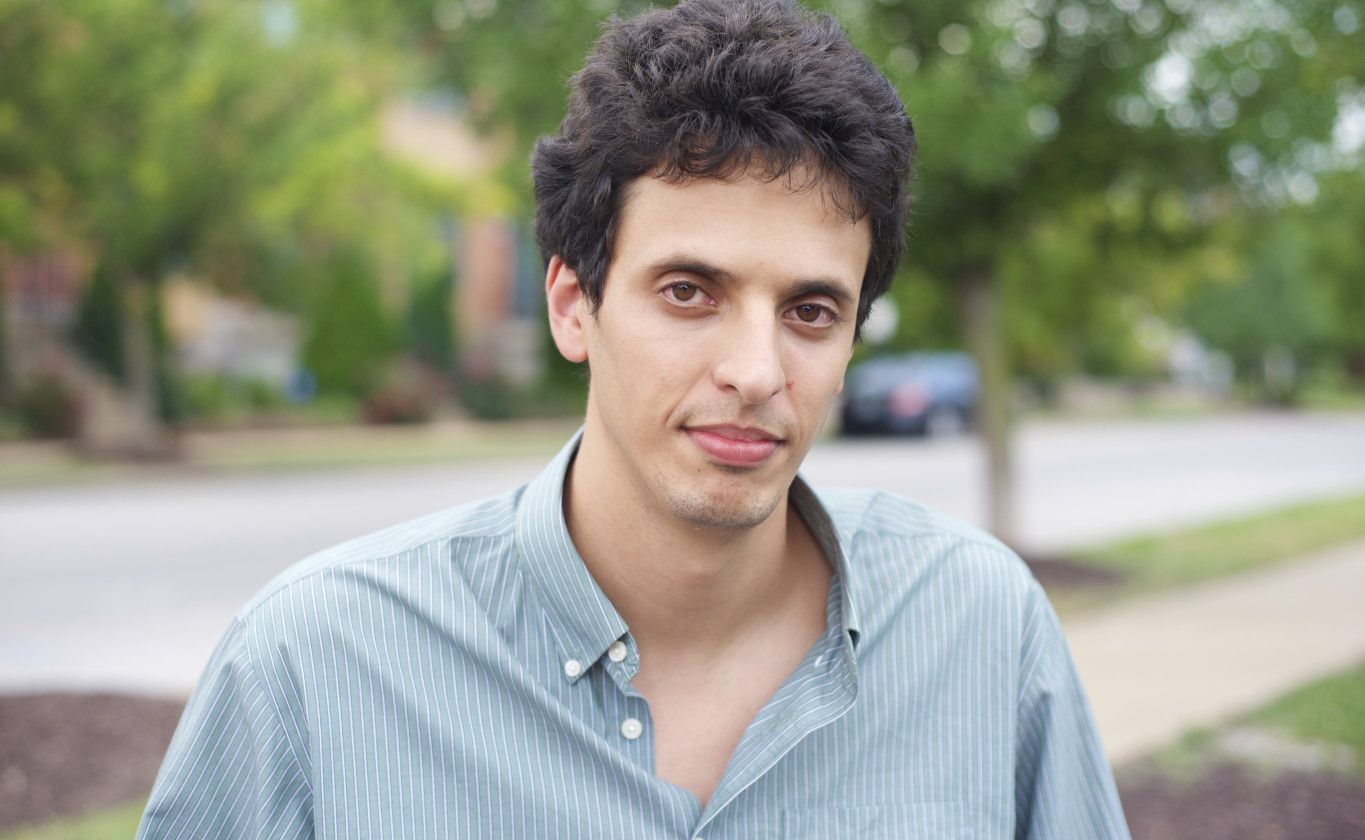
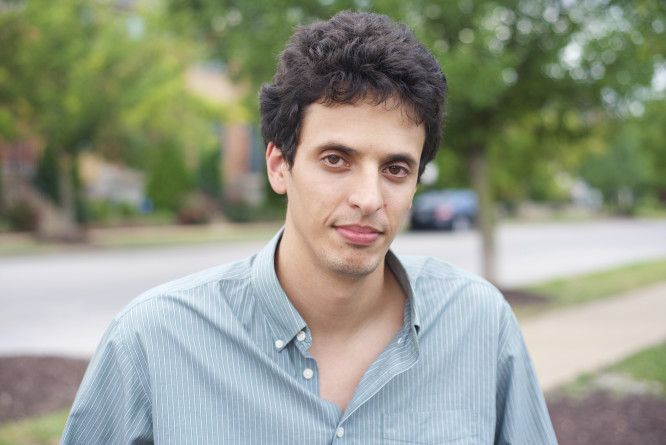
#FwdThruFerguson